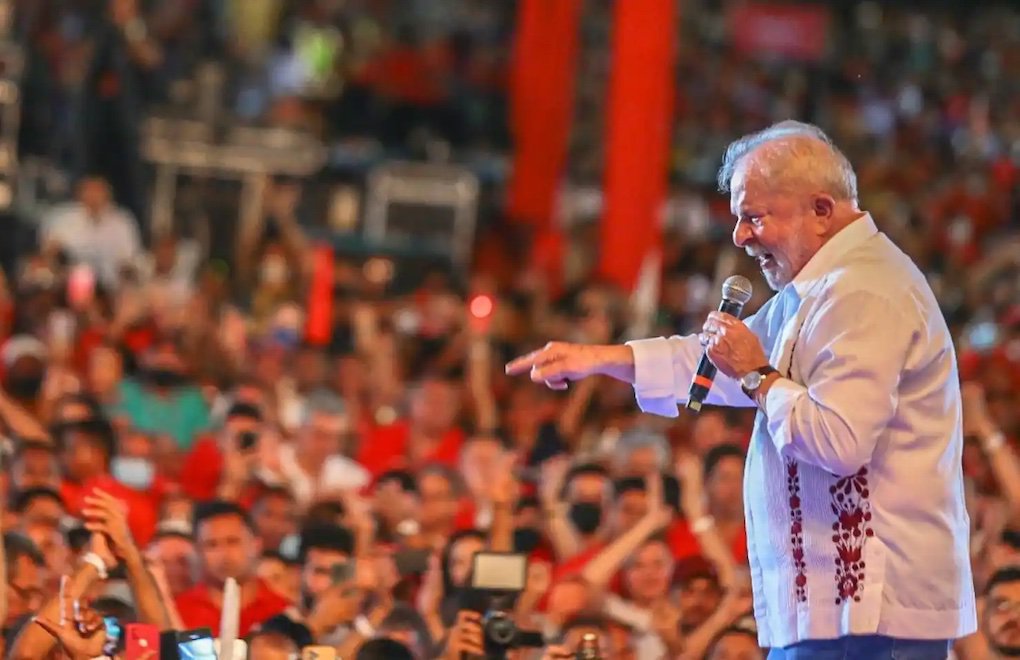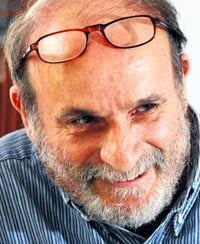Islamic Party Loses Direction
Turkey's highest court, the Constitutional Court, banned FP, the country'smain opposition party on Jun 23, arguing it constituted a "threat to the secularrepublic".
The Virtue Party is the 23rd political party to be banned by theConstitutional Court since 1961. Its three forerunners had been banned by military regimes in 1971, 1980 and 1997 respectively.
FP has more than 15 per cent of Turkey's electorate behind it, and wields 102 seats in parliament.
The Constitutional Court expelled two FP members from parliament, but left 100 legislators untouched, thus making "independents" out of them. Their expulsion would have necessitated fresh elections.
The "traditionalists", who until three weeks ago were members of the Virtue Party, are backed by former prime minister Necmettin Erbakan, who himself was banned from politics by the Constitutional Court in 1998.
In a surprising move, Sadik Yakut of the Nationalist Action Party (MHP),Ertugrul Yalcinbayir of the Motherland Party (ANAP) and Meral Aksener of the True Path Party (DYP) have joined the ranks of the modern forces.
"Should the modern forces also succeed in gathering some minor forces of the right, the whole panorama of Turkish politics might change," says Rusen Cakir, an analyst on Islamist movements.
According to Cakir, ''the ongoing disintegration among Islamist politicians brings the future direction of some 4.8 million votes cast in favour of the FP in the 1999 general elections a subject of public debate.''
It, however, remains to be seen whether one of the new factions would assume the Virtue Party's former status of the "main opposition" in the 550-seat Turkish parliament.
One man, Tayyip Erdogan, a former Istanbul mayor, is seeking to unite the Islamists, and attract others. "I am striving to bring together the four major political currents in Turkish politics," he says.
He is referring to the Islamists, the nationalists, the liberals and the
social democrats.
Erdogan's plans somehow resemble those of the late President Turgut Ozal. Ozal, Prime Minister from 1984 to 1991 and President from 1991 to 1993, died in 1993.
After Turkey's return to parliamentary democracy following the military rule of the 1980s, Ozal founded his ANAP - encompassing the Islamists, nationalists, liberals and social democrats - and gained a landslide victory in the 1984 parliamentary elections.
Erdogan and some of his prominent supporters such as former foreign minister Abdullah Gul and former finance minister Abdullatif Sener tried in vain to get the mandate to lead the party. In last year's Virtue Party national congress, he lost to Recai Kutan with a slight margin.
According to opinion polls, Erdogan enjoys the backing of the Islamist grassroots.
In a recent poll for the Milliyet daily, 75 per cent of the Virtue Party voters said they would vote for Erdogan's party in a general election. In the same poll, 71 per cent said they were against split among Islamists and favour a united party.
"The rivalry between both wings is expected to end with a stronger fundamentalist discourse on 'traditionalists' part," says Cakir. "This would play in the hands of the modern forces who would like to promote a 'liberal' and 'globalist' image to win ordinary Turkish.
The long and hot summer ahead

'Shamelessness'
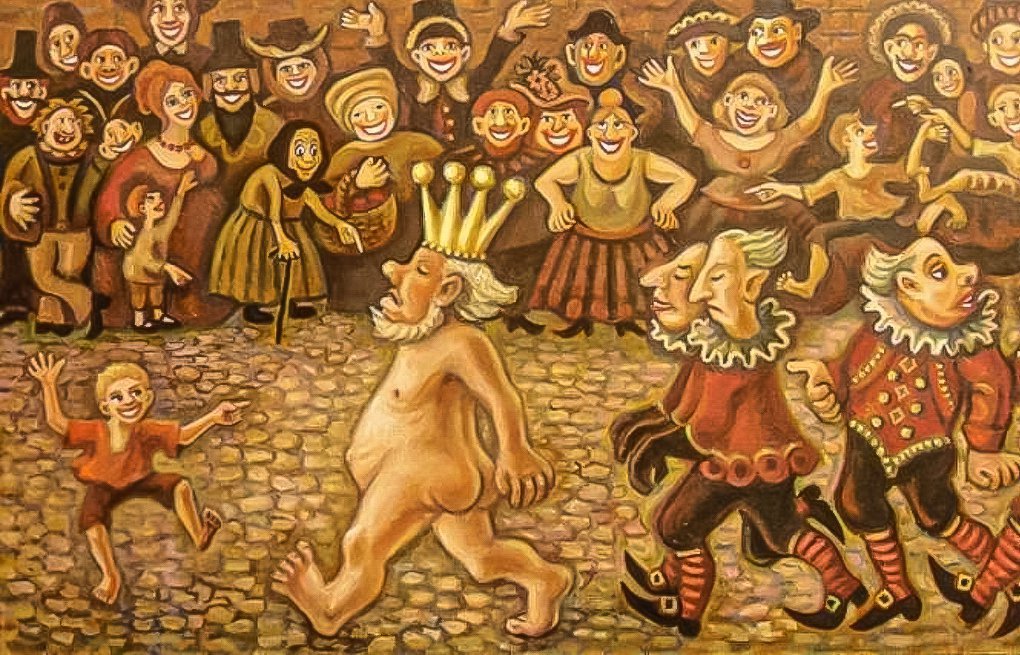
LEFT TIDE IN LATIN AMERICA-III
The new task: 'To contribute the reintegration process, to recover the lessons of the Cuban revolution'
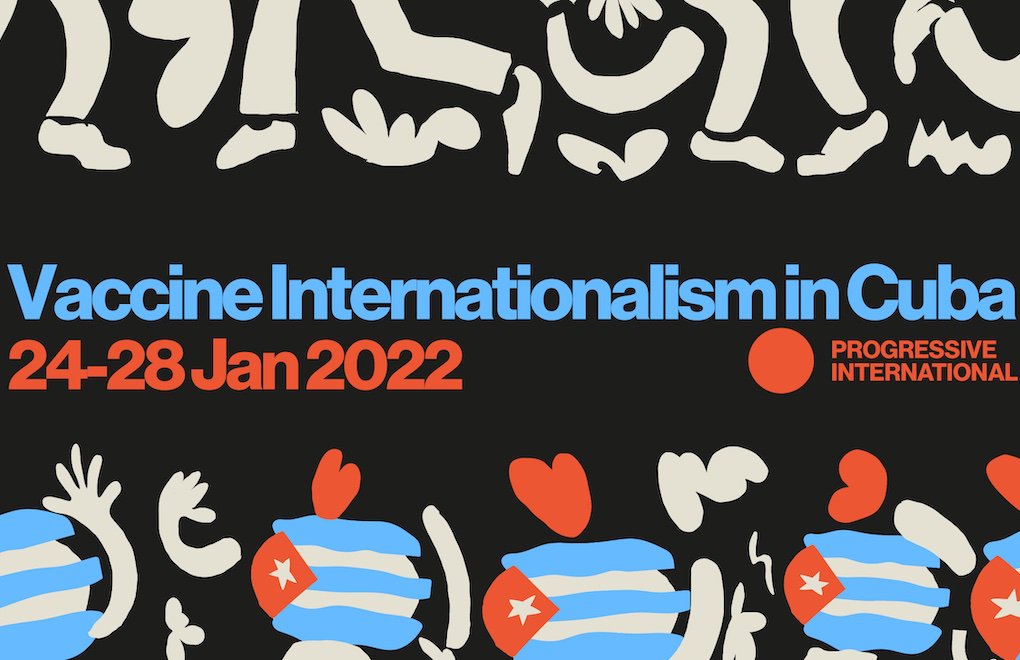
LEFT TIDE IN LATIN AMERICA-II
An International to accompany the continental rise of the Left
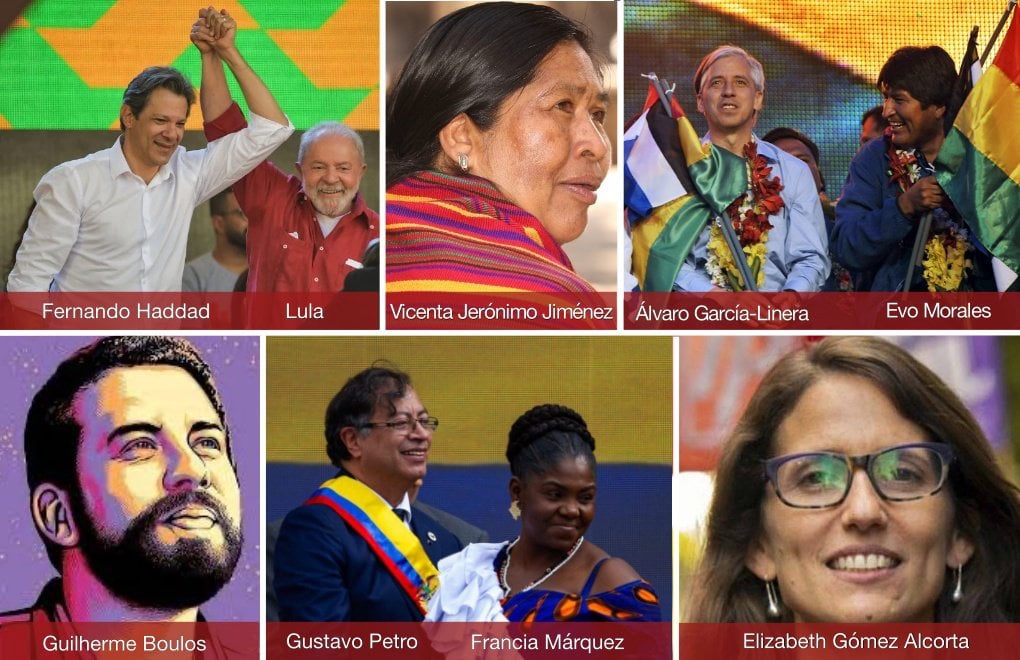
LEFT TIDE IN LATIN AMERİCA-I
David Adler: "A new vision that is feminist, ecologist, and pluralist"
